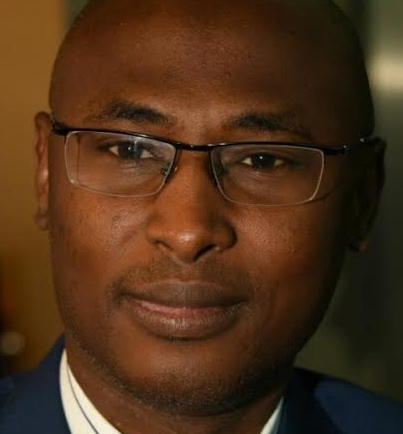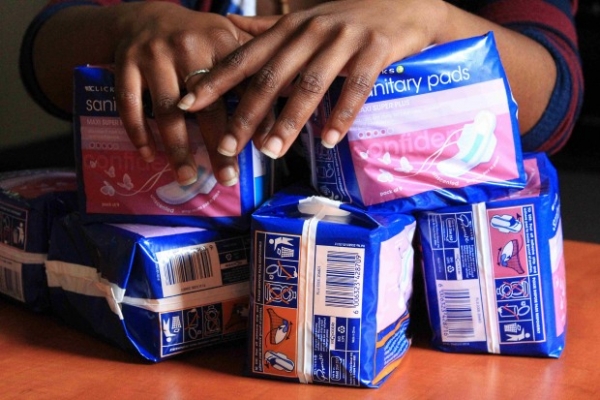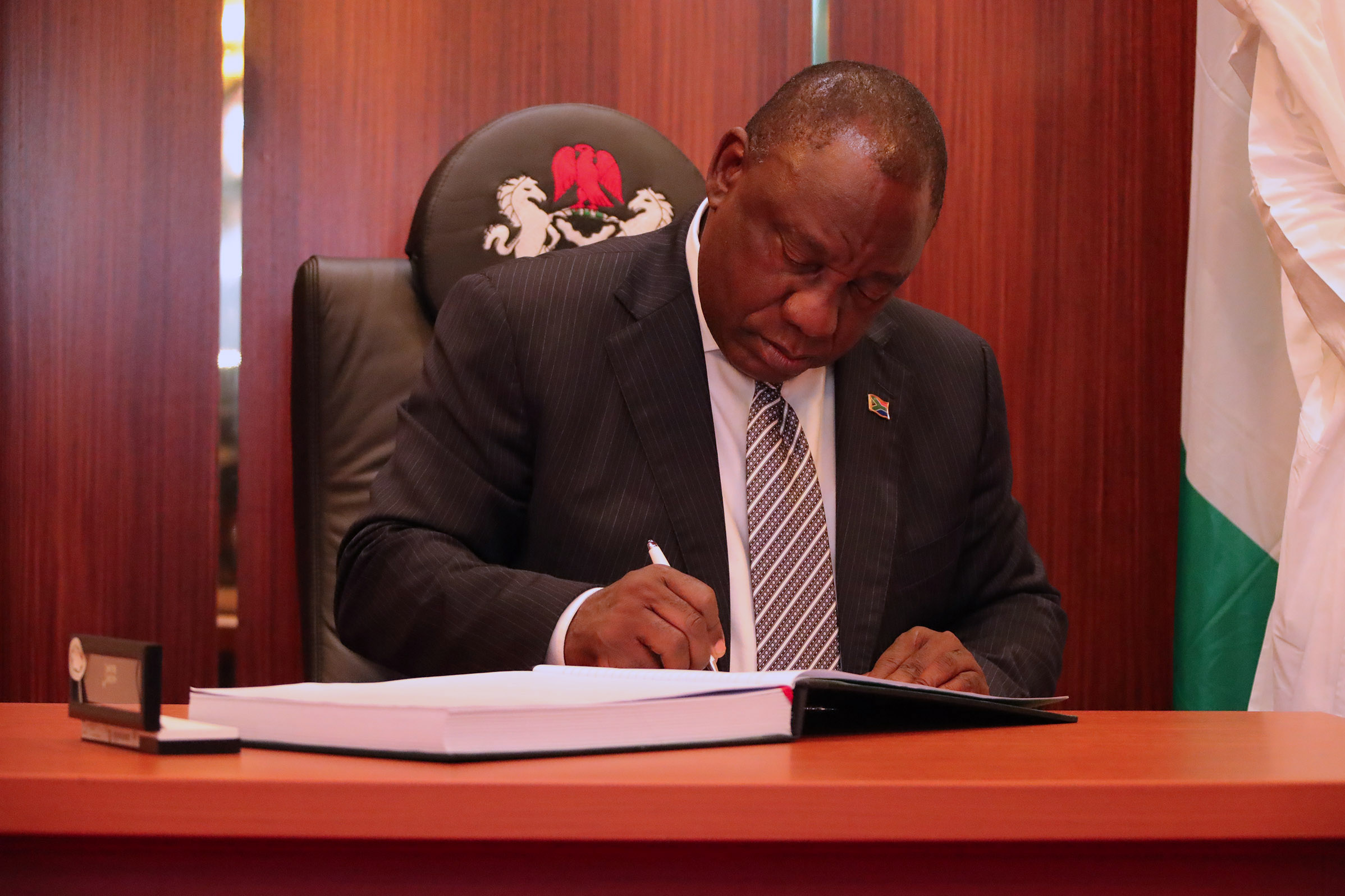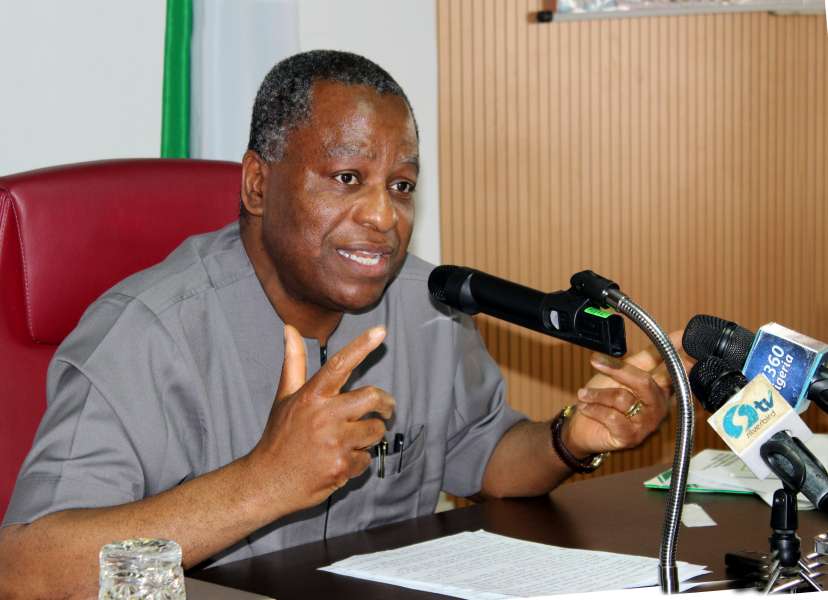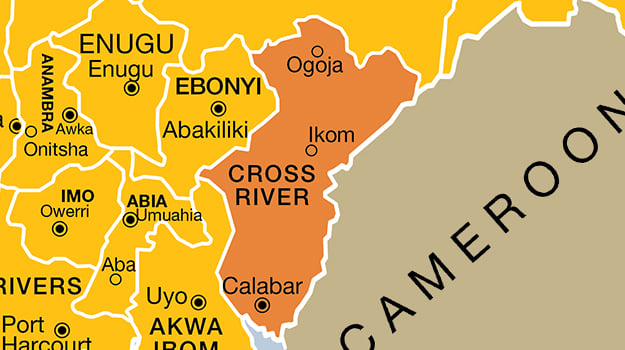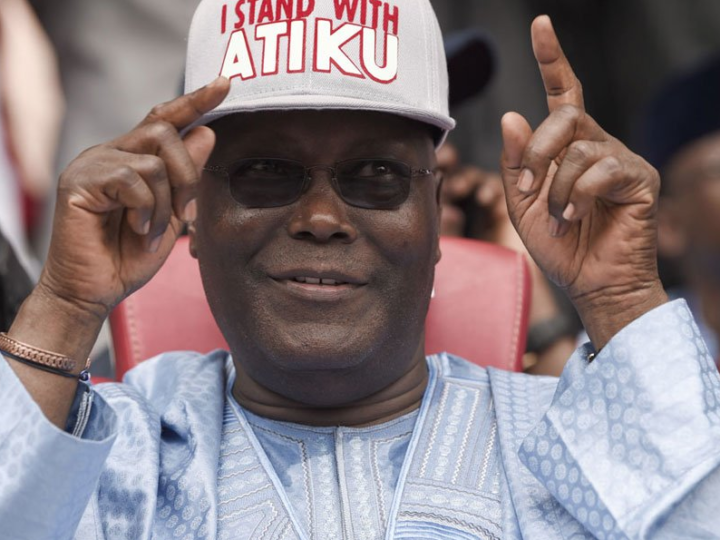The ‘lone nuts’ who initiated the current vigorous social media campaign against the rising cost of menstrual pads and the plight of thousands, if not millions, Northern girls who can thus not afford them, might have unwittingly demonstrated a gross deficiency in cultural intelligence. But they are not any different from us, the first followers, who have unconditionally backed the movement. We are a Hausa-Fulani society. Like every other society, we have our taboos, which must be respected. Unlike others, we even have, amidst us, those who arrogate for themselves the sole responsibility of defining what’s culturally and religiously acceptable. And it doesn’t matter whether they are an authority on the field or not. We ignored all these.
Issues which have something to do with mensuration and other ‘female anatomy’ are not supposed to be a subject of public discourse in a Hausa-Fulani society, let alone debating them with such reckless abandon.
To make matters worse, in this case, the lone nuts are the female themselves striving to force, to the fore, the burning issue. But these young leaders of the movement and us had missed the fundamental point until after rudely awakened to the reality.
Mensuration is not a problem for womenfolk. It’s ours. We, men, have both the Adam’s apple and the blood. So from where do these girls get the audacity to speak on something as inconsequential as menstrual pads? Do they even need it? Even if they do, is it not mere luxury? There are toilet tissues available everywhere in the region. So are also dirty rags everywhere, which they can silently tear and recycle, thereby saving us all this politics-heating argument.
Advertisement
It’s not surprising therefore that, like other campaigns before it, #FreePadsForGirls, too, is an outright victim of cynicism from a section of the society. As the campaign continues to gather momentum, so are all sorts of arguments against it becoming more vociferous– some of which range from sublime to ridiculous as usual.
For instance, there are those who argue that what the girls need most is not even free, subsidised or even cheap menstrual pads, but basic Islamic education on how to handle mensuration. The huge snag for this school of thought is the fact that pads and knowledge are not mutually exclusive. The girls can even have all the knowledge but still cannot afford the basic hygiene if it’s priced beyond the level of their affordability.
Similarly, there are those who think that those behind the movement have some hidden agenda. It must be the same sex education that the region has roundly rejected that is being repackaged and reintroduced through the back door.
Advertisement
Northern Nigeria, like other regions in the country, is always a fertile land for conspiracy theories. Polio and other vaccinations against childhood killer diseases were once suspended in my home state, Kano. Both Muhammad and Summaya, my only beloved son and daughter then had to survive measles. They were fortunate it wasn’t polio.
Thus it’s always difficult to convince people so drunk from the cup of conspiracy theory to change their minds.
Yet the most unfortunate by-product of the discourse is the fact some of the leaders of the movement are now a target of a smear campaign. In the last few days, I’ve seen some of the most appalling vituperations by the opponents of the campaign targeting these young women. One the main antagonists, who claimed that the campaign was against our religion and culture, described our lone nuts as not only ‘morally bankrupt and dirty’ but barely literate in Islamic knowledge. This is despite that he has never sat with them to test the level of their religious knowledge. And he didn’t even know them from Adams to enable him have a fair audit of their morality.
Although the objective of the movement is not directly religious but the personal hygiene of this multitude of girls, the question begging for answers is, does Islam prevent women from freely discussing issues that have to do with mensuration as the adversaries of the campaign vehemently suggest?
Advertisement
One of the most important Sunni Muslim books, Sahih Bukhari disagrees. The book dedicates a whole chapter on the matter and Aisha, a beloved wife of the Prophet (SAW) and one of the most outstanding wives of the believers was the most quoted figure.
Hence, the Zainabs and Maryams of the contemporary Hausa-Fulani society can be accused of crossing the red line or even be sacrilegious, for daring to be in the vanguard of a campaign like this, but the society the Prophet (PBUH) lived 1440 years back was not this reactionary. In sharp contrast, it was the most era progressive in history, giving women the right to voice their voices on issues affecting them.
This unmistakable paradox has been the bane of the argument of opposition against the movement. The ‘clutch-at-straws’ arguments they present, no doubt, lack any religious or moral basis. And all these title-tattle and much ado about menstrual pads provide another reminder of why the people who sparked the Western renaissance are currently comfortable with their position at the bottom of the development ladder. It’s now an integral part of our culture to hack ideas down at the cradle because we are so much comfortable with the status quo.
And lastly, to our leaders of the moment, your impact has already been felt. But there’s now a need to take the campaign to the next level. This connotes mapping our strategies and coordination of efforts achieve a sustained legacy. Targeting policies and legislation should be one of the main preoccupation of the campaign, as the prices of any commodity is a function of market forces. These young leaders will make their job easier by persuading stakeholders with a view to securing their buy-in. Thus identifying the critical stakeholders of this campaign and reaching out to them is at the most crucial step at this juncture.
Advertisement
Musa, a sympathizer of #FreePadsForGirls, writes in from Abuja
Advertisement
Add a comment
